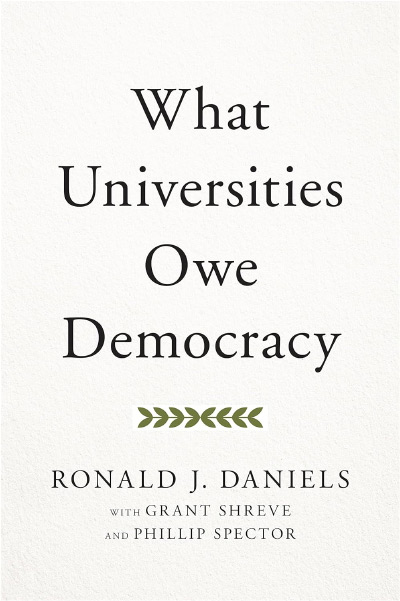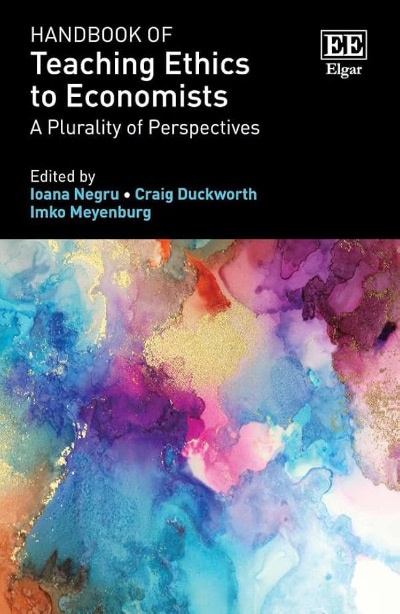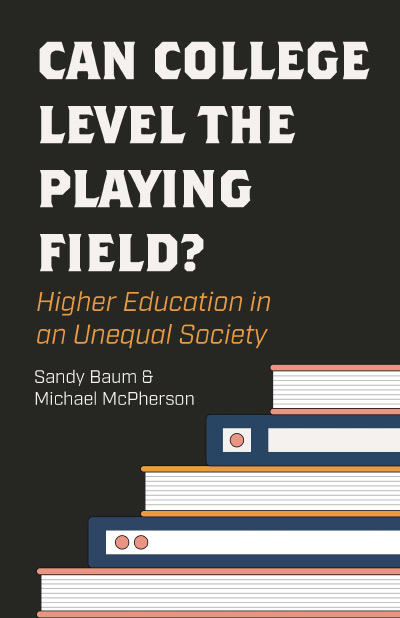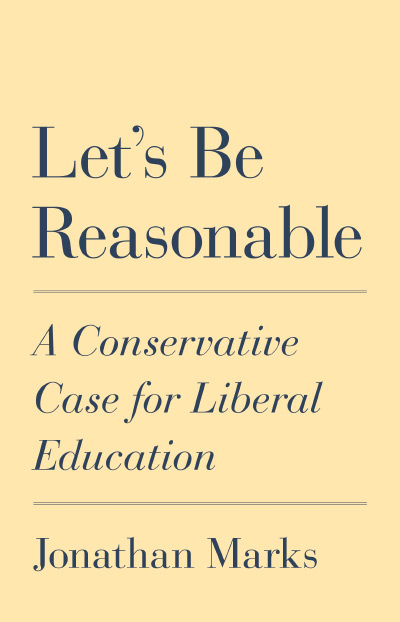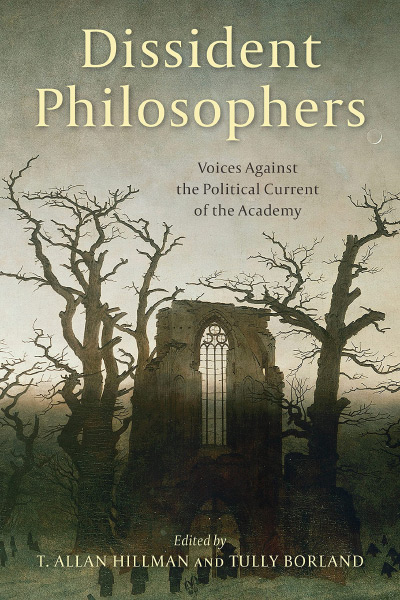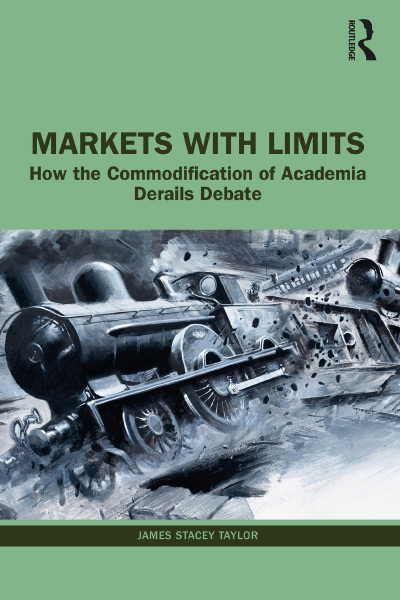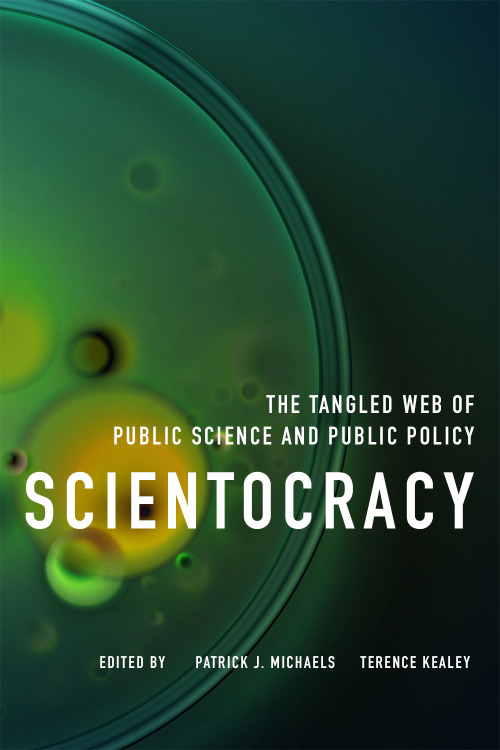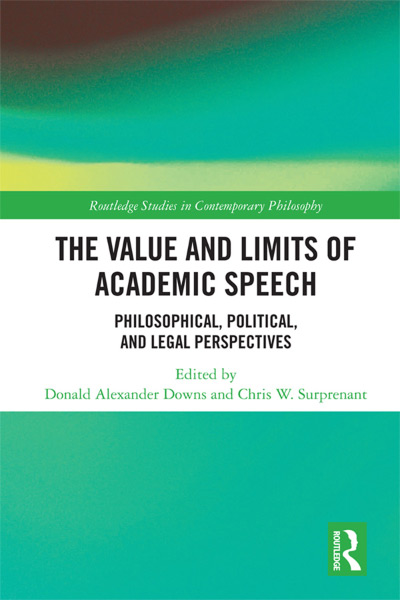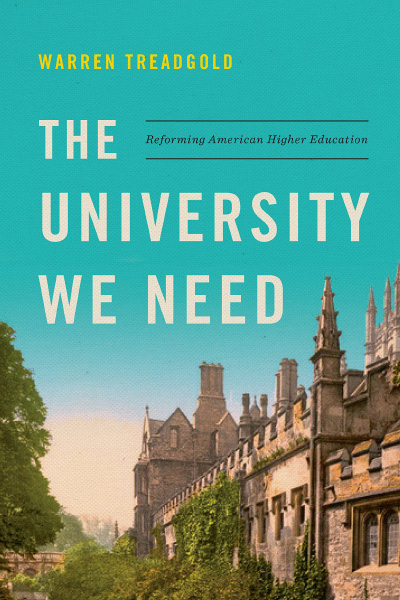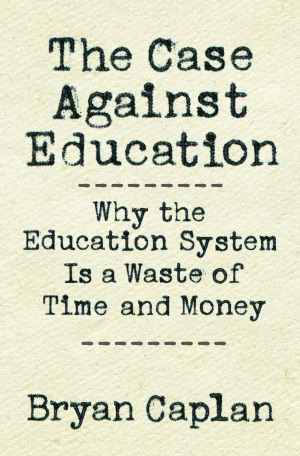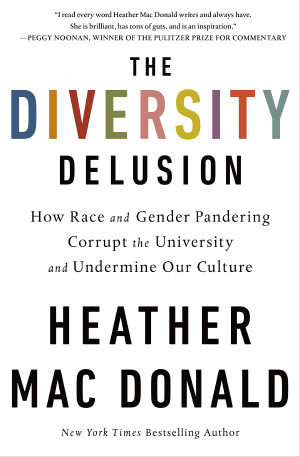Reading Ronald J. Daniels’s What Universities Owe Democracy three years after its publication feels like an exercise in time travel, a return to a different time, when the COVID pandemic and the “insurrection” on Capitol Hill were almost the only things people thought and talked about. To be sure, many of us did and Daniels surely does find untimely thoughts and observations in those all too timely events.
Daniels, president of Johns Hopkins University, discerns—especially amid the rise of populism, or “illiberal democracy,” as Hungarian prime minister Viktor Orbán has styled it—a crisis of liberal democracy that universities are called to address. In response to the waning of the American dream, universities have to reestablish their place as sources of opportunity and engines of mobility. They should address our deficits in civic knowledge and engagement with serious efforts at civic education. They should reestablish themselves as authoritative sources of expertise to stem the flood of misinformation and disinformation that pollutes our public discourse. And they should provide an antidote to the polarization and mutual misunderstanding that frequently characterize our discourse by cultivating students’ capacity to engage respectfully and fruitfully across racial, ethnic, religious, and ideological divides. Daniels offers a list of concrete, unsurprising, and generally underwhelming recommendations about how to promote those aims. Is anyone surprised when a college president calls for more federal aid? Or for ending legacy admissions? Or for establishing a very nonspecific democracy requirement, one that thankfully goes beyond service learning?
To be sure, Daniels is a realist. He recognizes that universities, with all their stakeholders, are very resistant to change. And he concedes that no single sector can, by itself, remedy all that ails our polity and culture, but he insists that higher education surely has a role to play in defending and restoring the vitality of liberal democracy.
Much of this sounds—and is—platitudinous, which is pretty much what we faculty members expect from our presidents. To his credit, Daniels occasionally disappoints this expectation: he sometimes includes ideological diversity among the kinds of diversity that universities should welcome and foster, and he reminds us that access to higher education is a problem for the middle class, not just for the poor. Further, he offers a more balanced assessment of the Trump administration’s higher education policy than I might expect to find from someone who clearly dislikes the populist turn on both sides of the Atlantic. And, unlike some administrators, he’s willing to focus on America, instead of pontificating about “global citizenship.” Finally, while much of what he says could come from the mouth or keyboard of any “best practices” consultant, he is cognizant of the value in the distinctive diversity and pluralism of our academic marketplace. I use this last term advisedly, because Daniels also professes to be a fan of the competition that marketplaces foster or accommodate.
I could conclude the review here by saying that Daniels’s book could do a limited amount of good, and probably not too much harm, if read by trustees, regents, and administrators. I might even add legislators to the list, though I wonder if he would welcome the kind of legislative attention to civic education that has recently been in evidence.
But for those of us who care about the relationship between higher education and our regime from a more philosophical perspective, Daniels’s shortcomings are more glaring. In the first place, he seems to assume that universities flourish only in societies and polities like ours. That would be news to the founders of the great medieval universities, not to mention Prussian autocrats like Frederick the Great, under whom the precursors of the contemporary research university began to develop. I concede that many, if not most, autocrats will not brook any sort of independence of mind, but Daniels seems to have forgotten lessons taught by both Plato and Tocqueville that many democracies (including some that could be called “liberal”) are not too friendly to genuine intellectual independence. Rather than assuming a kind of natural connection between democracy and genuinely higher education, which is in some senses aristocratic, perhaps it’s better to begin by recognizing a tension that has to be managed or navigated. This point of departure has the virtue, to my mind, of recognizing that there are functions of the (institutional) life of the mind that don’t simply exist to serve the regime or those who occupy positions of power or influence in it, whether they be elites or “the people.”
Daniels is also relatively inattentive to liberal education, which existed in one form or another long before the emergence of liberal democracy. The closest he comes is in his discussion of civic education, which he certainly wants to distinguish from indoctrination, without acknowledging that embedding it in the context of a liberal education is probably the best way of preventing either patriotism or moralism from settling questions that he (and I) would like to keep open.
A greater focus on liberal education would also provide a corrective to his discussion of universities as engines of opportunity. In leading with that function of higher education, he makes it seem as if what colleges and universities are all about is career training. Certainly this is a popular, not to say dominant, view, but shouldn’t a college president push back? Learning about the good, the true, and the beautiful is an intrinsic good, even if it doesn’t directly serve democracy. Or might it be possible to claim that one of the things that universities “owe democracy” is the insistence that there’s more to life, indeed to the good life, than moneymaking and politics? I could quote many beautiful passages from W. E. B. Du Bois to this effect, but will restrict myself to echoing a question he poses in The Souls of Black Folk (1994, New York: Dover Publications, p. 58): “Is not life more than meat, and the body more than raiment?” Daniels never asks, let alone attempts to answer, that question.
Another aspect of Daniels’s “illiberalism” is displayed in his treatment of expertise, written in the first flush of the research university’s response to the COVID pandemic. His pride in the mobilization of science is unmistakable. I wonder if he would be a little less hubristic and a bit more humble today. Leaving aside the way in which science was translated politically into scientism and the various ways that critics of the consensus were mistreated by their colleagues, there’s this: at least three different kinds of experts had something to say about the public response to COVID. In addition to the public health establishment, there were developmental psychologists, attentive to the baneful effects of isolating young children, and economists, who cared about the human cost of our monthslong shutdown. Balancing the competing claims of different kinds of experts is not the task of expertise, but rather of politically responsible prudence. I won’t go so far as to claim that such prudence is a necessary product of a liberal education, but I can claim a multitude of philosophers from Aristotle to Adam Smith on behalf of the argument that such an education is a prolegomenon for acquiring and thinking about the experience that leads to it.
What’s more, Daniels’s focus on the role (and rule) of experts is in a sense “antidemocratic.” As far back as Francis Bacon, sophisticated thinkers have called our attention to the tension between the modern scientific enterprise and popular self-government. To pretend that science is merely ministerial, providing us with facts, is too simple a view. While Daniels’s advocacy of “openness with guardrails” is promising, he needs also to consider more fundamentally the ways in which power and influence can attract ambition. Whether, in the words of Federalist 51, ambition counteracting ambition is a sufficient safeguard is an open question.
Daniels’s last chapter is devoted to what he calls “purposeful pluralism,” the role of the university in encouraging “dialogue across difference.” I cannot help but wonder how he would have written it in the aftermath of the atrocities of October 7, 2023, and their rather contentious reception on America’s college campuses. We have some evidence from his message to Johns Hopkins students who established an encampment on their campus:
By physically demarcating a space and by gathering, studying, and chanting with only those people who subscribe to a similar worldview on an incredibly complex subject, you fail to honor the university’s foundational imperative for conversation across difference, for conversation that aims to test, evaluate, and understand competing claims. An encampment of this nature cannot help but reduce the capacity of those within it to see the common humanity of those who are outside its perimeter. Instead of recognizing and drawing strength from our diversity, we veer to a community of rigid solitudes, a community defined by suspicion, distrust, and, in the extreme, hatred. Along the way, our common humanity is lost.
I acknowledge that it is hard work to stage sustained protest. But I believe the much harder work is to now move beyond the shouting, the slogans, the call and response, and to engage in a rigorous and open-minded way with the university community on the agenda for change that you propose. Along the way, you will need to marshal facts and evidence. You will need to meet the arguments and ideas of others who disagree—perhaps vehemently—with some of your claims. That is the hard work of the university and, indeed, of liberal democratic society.
After writing these good words, Daniels concluded an agreement that ended the encampment, promising to hold “what will doubtless be a challenging set of conversations around divestment that will require us to engage fully the history and the complexities of the conflict between Israelis, Palestinians, and neighboring states.”
I have no doubt that his heart is in the right place. But having framed his entire argument as a response to populist authoritarianism, I am not altogether confident that he can name and blame the postcolonial ideology deeply embedded in our elite colleges and universities that is at the heart of these encampments.
Daniels does the relatively easy work, calling on universities to provide resources to those who would resist the proverbial barbarians outside the gates. What about the ultimately anti-intellectual forces inside the ivy-covered walls? My experience with and observation of college presidents gives me much less confidence on that front.


